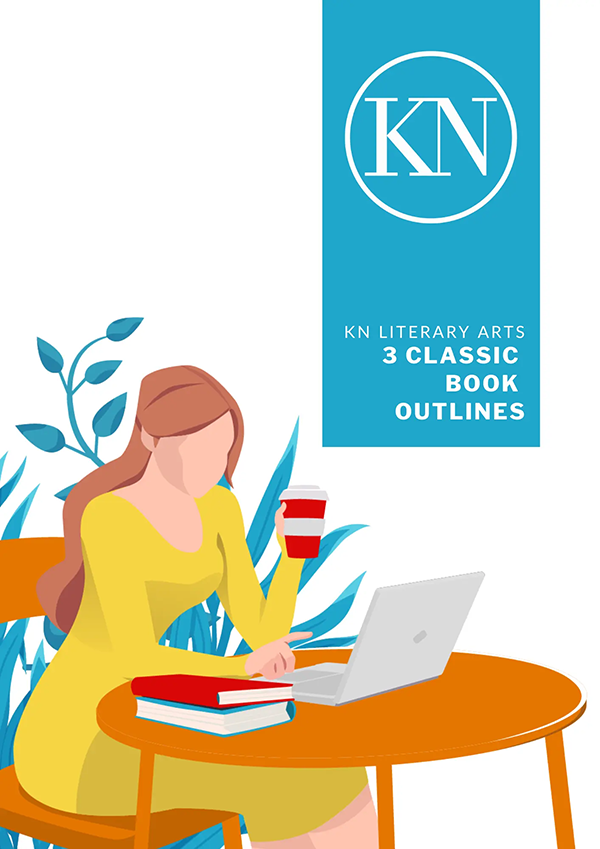It just happened again. An email landed in my inbox, claiming to teach me how to write a book in 30 days. As someone who just finished writing a book—which took me decidedly more than four skimpy weeks—I tend to give the side-eye to such hype.
I mean, it’s possible to type out 50,000 words in 30 days. For sure. I have coached two retreats where our participants each tap-tap-tapped out a book-length work in a month. But as any of those wonderful writers would tell you, that’s where the work began.
Books written that quickly don’t tend to be ready for prime time without a heck of a lot of rewriting.
And yet, there are many, many online courses in the world that purport to help you get a book in your hand in a lightning-fast period of time. Six weeks…one month…even a weekend.
I cannot beat such claims. So I decided to scour my brain for some way I could join them. And guess what? I found it!
The truth is that you can “write” a whole book this very weekend. And believe it or not, you won’t have to lift a finger. (Or a pen.)
The magic spell that makes such a thing possible?
Simply teach your book instead of writing it!
Yes, you heard me right. Speak your book content, in a workshop setting or online, and then record every word.
- Each chapter becomes a “module” in the course.
- Each subtopic becomes a bullet point to cover.
- Bonus: Market testing is baked right in. Your students will undoubtedly ask the questions whose answers you forgot to include.
At an average rate of speech—about 130 words per minute—you can record 50,000 words of content in just shy of 6.5 hours. Factor in a lunch break, and a couple of bio breaks, and you can generate enough content for a nice-sized book in a single workshop day.
It doesn’t require the A/V gods to shine on you, either. You can simply use your phone to audio-record yourself teaching. (My preferred recording app is iTalk.)
Unlike some of the online courses I see popping up all over the place, I’m not claiming this will be a painless process. Unless you’re superhuman, you cannot just walk into a room, talk off the cuff, and have a New York Times bestseller on your hands.
So without further ado, I present the Parade of Caveats!
Caveat #1: You’ll need to do a lot of prep work!
You still need to do allllll the advance work you would normally do before writing a book. You’ll need to know, with a boatload of clarity, exactly what you’re writing (and thus, speaking) about.
A “hook” or positioning statement, plus a detailed outline will be required. Not to mention a good bit of practice, especially if you’re not familiar with the limelight.
Caveat #2: You’ll need to get those recordings transcribed!
As logical as it would seem in our tech-savvy world, as of yet one cannot simply press a button and turn audio into flawless transcription. So you’ll need to factor in some time and expense to get those words onto the page.
There are lots of software systems to help you, some of which are better than others. None is as good (yet) as a human being. My suggestion? Budget in the cost of human eyes—your own or someone else’s—for at least one pass. At the very least, you’ll want someone to clean up the raw transcriptions. At best, consider hiring someone to do the transcription and clean-up, all in one swing.
Caveat #3: Edit, edit, edit!
Regardless how accurate and clean the transcription is, you will soon discover an inconvenient truth: We do not talk the way we write.
So a round of rewriting, followed by multiple rounds of editing, are in your future.
You may also discover that a full-content re-org is called for. Teaching your material will shine a bright light on what’s working, what’s not working, and how to make it better. It’s a great opportunity—don’t let it slip by! Give yourself plenty of time to revise.
Caveats aside, THIS IS A VERY GOOD IDEA. Teaching your book content is truly one of the fastest, most effective ways to download what’s in your brain onto the page. And if you’re stuck at the “prep work” phase—i.e., figuring out what your content is and building an outline to support it—by all means, give us a shout. We’d love to help!
Share:


